
We kindly inform you that, as long as the subject affiliation of our 300.000+ articles is in progress, you might get unsufficient or no results on your third level or second level search. In this case, please broaden your search criteria.

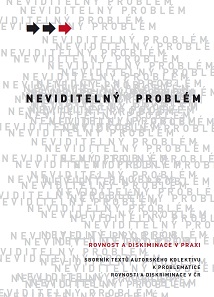
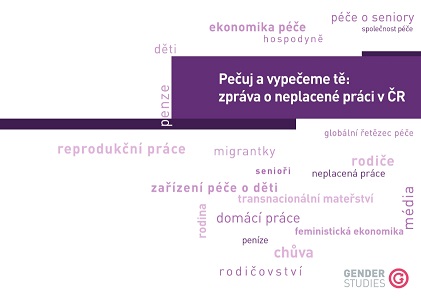

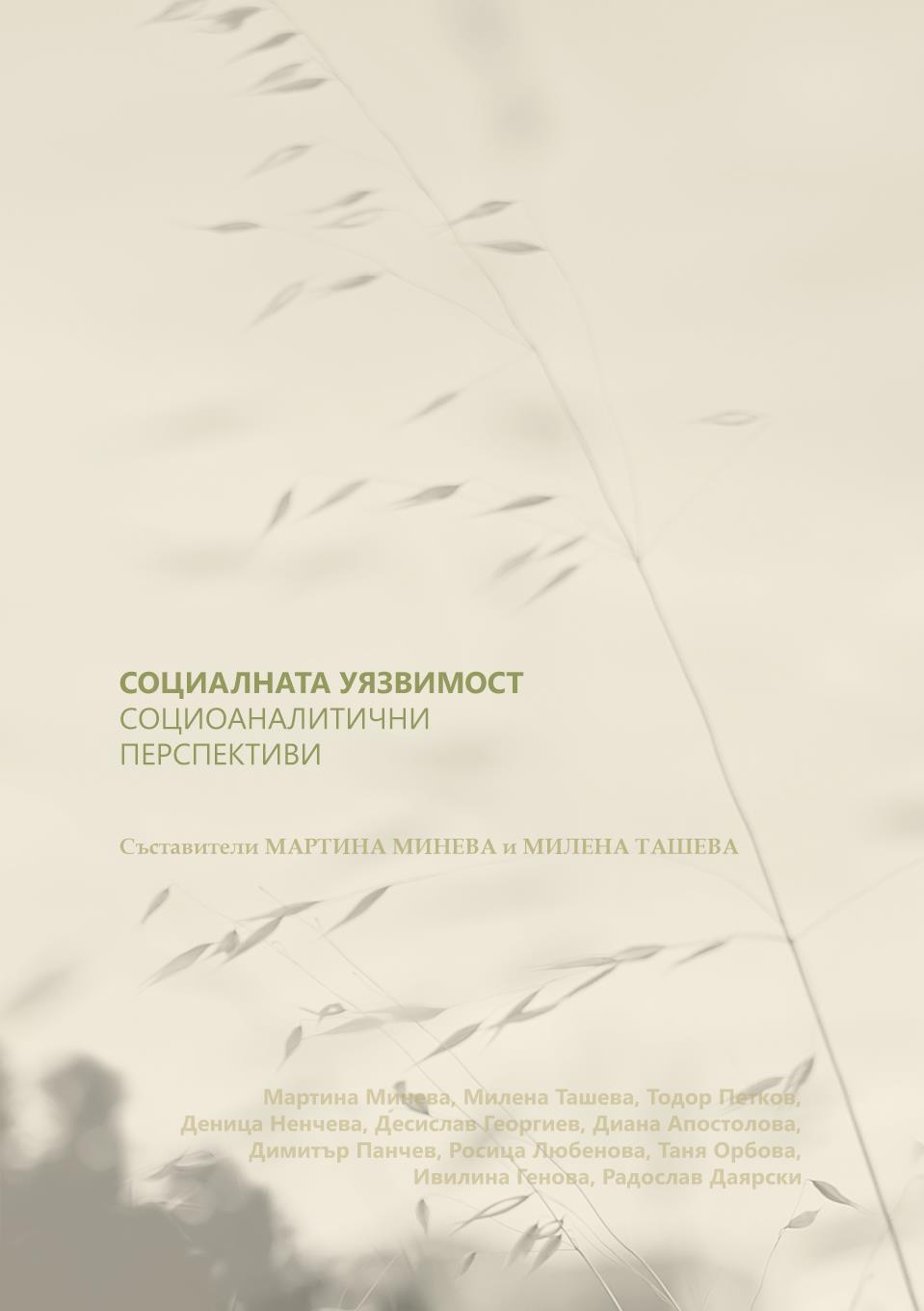
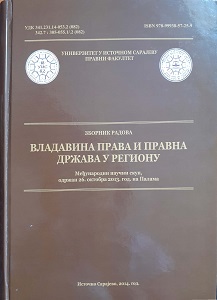
This article deals with the procedure of adopting the Gender Equality Law that forms a part of the equality legislation, and that is a novelty in the Serbian legal order. Although even before this Law was adopted, there were laws that regulated prohibition of discrimination (such as the Law on Prohibition of Discrimination against Persons with Disabilities) or laws that regulated special rights and special measures with the aim to achieve equal opportunities in human rights (such as the Law on the Protection of Rights and Freedoms of National Minorities), until the Gender Equality Law was adopted, the right on the gender equality and the prohibition of discrimination on grounds of sex were not fully and comprehensively regu-lated in one legal act.This article focuses on the procedure of adopting the Gender Equality Law and the impact the members of the Serbian Parliament had on the content of its legal norms. The reasons for such an analysis are threefold. The Gender Equality Law is a new piece of legislation, not only in Serbia but also in the whole region. It prescribes the human rights standards, and concretizes general constitutional guarantees on equality and as such it is a significant step in establishing democracy and the rule of law. Further-more, the preparation of this law has caused wide public debate, and in the adoption procedure numerous modifications were proposed.
More...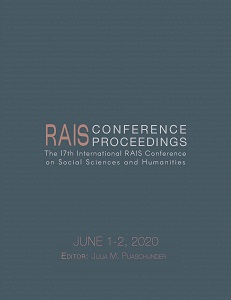
The Indigenous people are culturally unique and they are into many ethno-medicinal practices. There are about 36 indigenous people (Scheduled Tribes) are living in the State of Tamilnadu, India. These people were also seasonally migrating to various places for the jobs. The COVID-19 pandemic has created a great impact on their livelihoods and also on their health. These communities are more vulnerable and the impact of COVID-19 on these communities is under-addressed. The Indigenous communities require a prime attention and more need for awareness on the COVID-19 pandemic. The Elderly population of the Indigenous communities are having traditional knowledge systems and healing practices. The practice of herbal medicine, naturopathy and spiritual healing are preferred by them. Lack of emotional content and belief in public healthcare system continues to distance them from modern medicinal systems. The indigenous communities are generally suffering from diseases like tuberculosis, hyper tension, diabetes mellitus, cardio vascular diseases and sickle cell anemia. These conditions are weakening their immune system and increase their vulnerability towards COVID-19. The prevalence of anemia and malnutrition makes the women and children also lower the resistance towards the COVID-19. The study trying to identify the special strategies to safe guard the Indigenous communities from a medial anthropological perspective through case studies using grounded theory method.
More...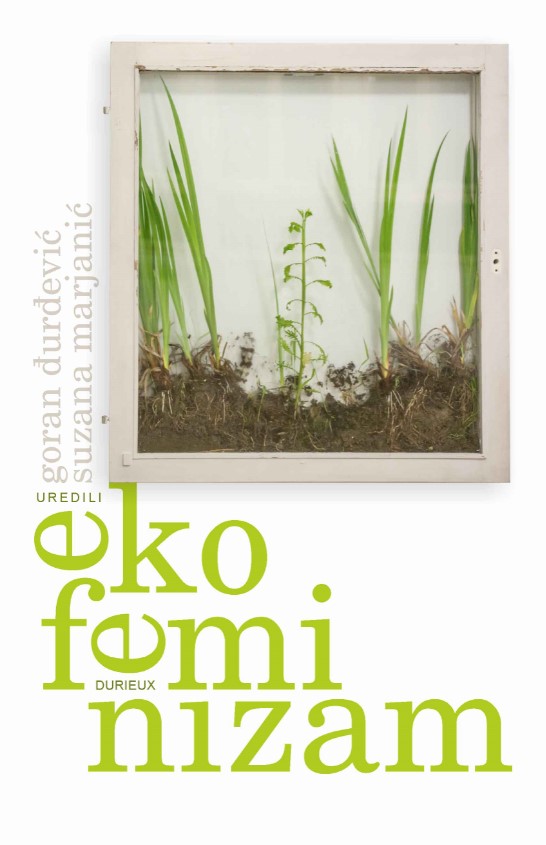
Review of: Lidija Bernardić - Sister Species: Women, Animals, and Social Injustice, ur. Lisa A. Kemmerer
More...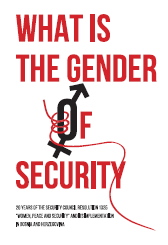
A national security system is inevitable, and it is even one of the key elements of every state. Its fundamental goal is to protect the sovereignty, territorial integrity and political order from danger, both from outside (external security), and inside (internal security). The question is what is the role and status of women in the security system, in this case of Bosnia and Herzegovina, how big is their contribution to the preservation of a degree of security of the state? Statistical data indicates that very few women are present in politics in Bosnia and Herzegovina and in State bodies which make decisions on security matters, and very few of them participate in decision-making bodies, or in the security system of Bosnia and Herzegovina, which is still regarded as a “male sphere” of action.
More...
The issues of gender equality and equal opportunities for women are present in all aspects of life. These issues emerged in 1970s, gained in significance since then and became issues of national and international importance (Balgač, 2017). Although the issue of gender equality captures the attention of many science and research minded individuals, there are very few of those whose scientific interest focused on the position of women in the police structure, as a male dominated system. Such situation is evident in Bosnia and Herzegovina (BiH) as well; however, improvement of the position of women in police structures, as one of the ways to integrate gender perspective in peace and security efforts, is gaining international recognition. The adoption of the UN Security Council Resolution 1325 “Women, Peace and Security” (2000) triggered a host of activities of global reach, with the view of increasing the level of participation of women in conflict resolution, peacekeeping and peacebuilding activities (Wise and Centre for Security Studies, 2017).
More...
As we are reading reports and recommendations on the impact the crisis caused by COVID-19 has on women, hoping that something would be done about it (or to be more precise: some things, having in mind many different ways in which the crisis impacts women), because of our inability to predict when the crisis would come to an end, we fall short to assess, foresee and prevent the consequences it will have on women. Once the time comes to take protective masks off, what will the future of women look like? How frail were the victories won prior to COVID-19 and can we still expect the future to be female?
More...
In the interest of clarity and better understanding, the editors of this Compendium recommend the following resources on gender equality terminology.
More...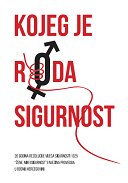
Nacionalni sistem sigurnosti je neizbježan, čak i jedan od ključnih elemenata svake države. Osnovni njegov cilj jeste zaštita suvereniteta, teritorijalnog integriteta i političkog poretka od opasnosti, kako izvana (vanjska sigurnost) tako i iznutra (unutarnja sigurnost). Postavlja se pitanje kakva je uloga i položaj žene u sistemu sigurnosti, u ovom slučaju Bosne i Hercegovine, te koliki je doprinos žena očuvanju sigurnosti države. Statistički podaci pokazuju prisustvo vrlo malog broja žena u politici u Bosni i Hercegovini i organima države gdje se odlučuje o sigurnosnim pitanjima, općenito je njihova participacija na mjestima odlučivanja na niskom nivou, kao i učešće u sistemu sigurnosti Bosne i Hercegovine, koji se još uvijek smatra “muškom sferom” djelovanja.
More...
Pitanja rodne ravnopravnosti, ravnopravnosti spolova i jednakih mogućnosti za žene zastupljena su u svim aspektima života. Kao tema postala su važna 70-ih godina prošlog stoljeća, a od tada do danas su dobila na važnosti i postala pitanja od nacionalnog i međunarodnog značaja (Balgač, 2017). Iako pitanje rodne ravnopravnosti i ravnopravnosti spolova zaokuplja veliki dio znanstvenih i istraživačkih interesa, neveliki je broj onih koje zanima položaj žena u policijskim strukturama kao dominantnom muškom sustavu. Ovakvo stanje je evidentno i u Bosni i Hercegovini (BiH), no unapređenje položaja žena u policijskim strukturama, kao jedan od načina ugradnje rodne perspektive u mirovne i sigurnosne napore, postaje prepoznato na međunarodnom planu. Naime, usvajanjem Rezolucije Vijeća sigurnosti UN-a 1325 “Žene, mir i sigurnost” (2000) pokreće se niz aktivnosti na globalnom planu koje za cilj imaju povećanje sudjelovanja žena u rješavanju sukoba kao i u uspostavljanju i održavanju mira (Wise i Centar za sigurnosne studije, 2017).
More...
Dok čitamo izvještaje o tome kako kriza izazvana pandemijom COVID-19 utiče na žene, s nadom da će se tim povodom (ili preciznije: povodima, imajući u vidu na koliko načina i u kojim sve oblicima pogađa žene) nešto poduzeti, izmiče nam, zbog nemogućnosti da generalno predvidimo završetak krize, procijeniti, predvidjeti i prevenirati posljedice koje će ova kriza ostaviti upravo na žene. Kada dođe vrijeme za skidanje zaštitnih maski, kako će izgledati budućnost žena? Koliko su krhke bile izborene bitke prije pandemije, i da li i dalje možemo očekivati da je budućnost ‘ženskog roda’?
More...
Priređivačice i priređivač ovog zbornika čitateljicama i čitateljima, radi boljeg i sveobuhvatnijeg razumijevanja same teme, preporučuju da konsultuju sljedeće izvore.
More...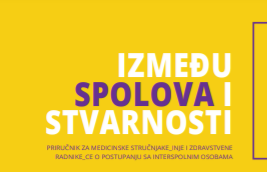
1. Pojmovne odrednice interspolnosti - varijacije spolnih karakteristika; 2. Često postavljena pitanja
More...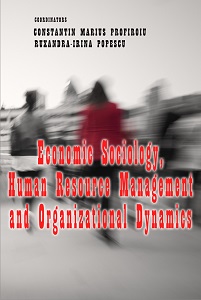
The article presents some results of the critical literature analysis on quality of life of vulnerable groups, as a broad problematic, complex and topical issue in Europe and worldwide. In the context of the current trends of social policies decentralization process has become necessary to make an objective and subjective quality of life evaluation at local or group level, as a means of substantiating responsible social policies. Resorting to traditional research methods for realise a critical literature review, the author suggests the need for a new approache in Romania, that of assessing the quality of life at local and regional, not national or supranational level.
More...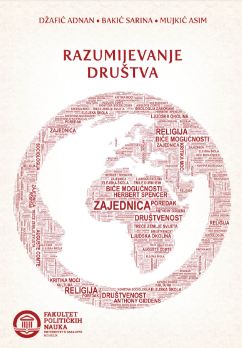
Siromaštvo se u sociologiji izučava u okviru šireg društvenog fenomena koji se naziva socijalna stratifikacija ili podjela društva na slojeve. Ovakav društveni „sistem“ hijerarhije između društvenih grupa u historiji javljao se na četiri načina: kroz ropstvo, kaste i staleže, a u modernom industrijskom dobu kroz klase. Prema britanskom sociologu Anthonyju Giddensu spomenuta „prva tri tipa zavise od pravno ili religijski sankcionisanih nejednakosti“, dok podjela na klase “nije ‘zvanično’ priznata, nego potiče od ekonomskih faktora koji utiču na materijalne prilike u kojima ljudi žive“ (Gidens, 2003: 310).
More...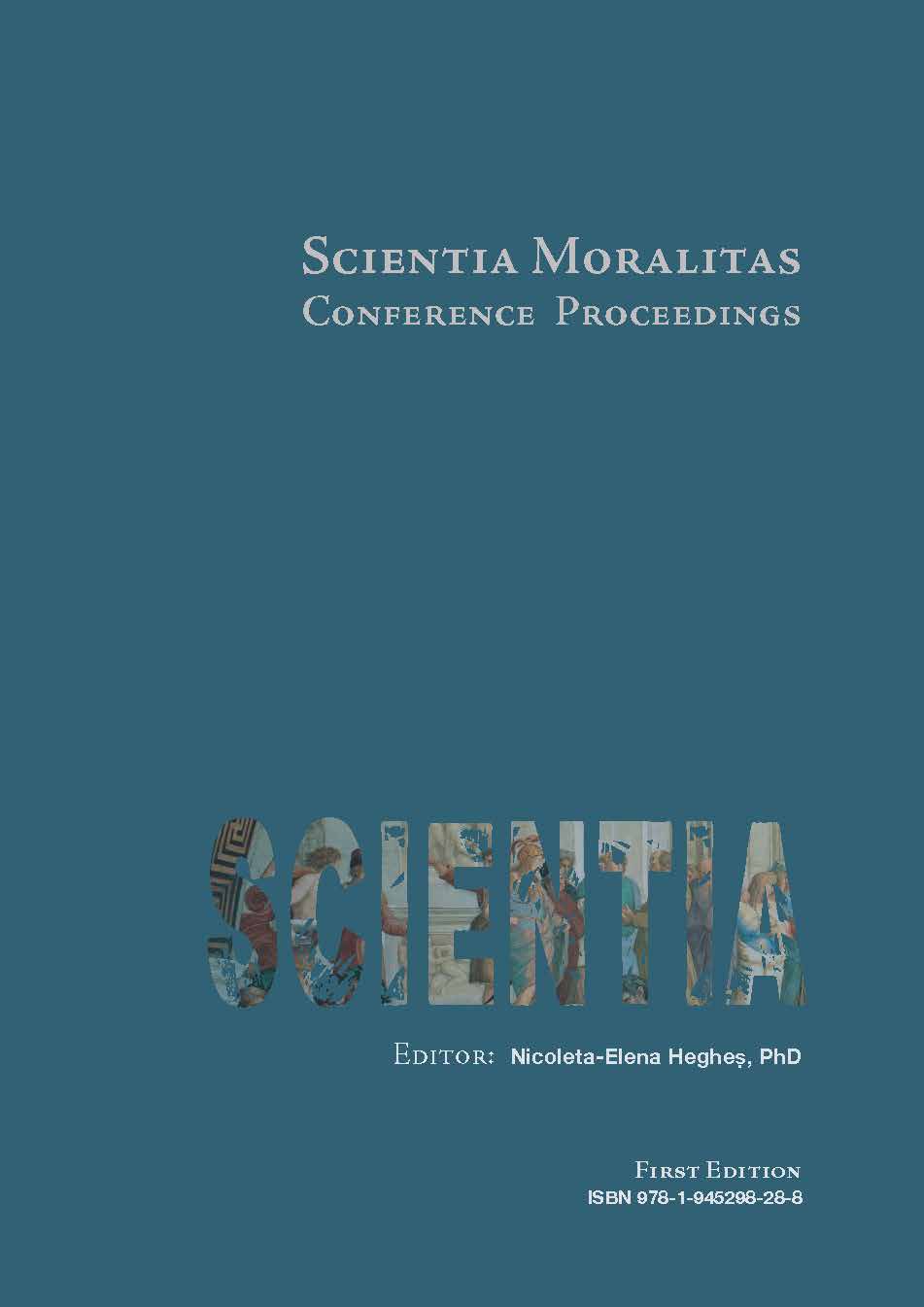
The ongoing COVID-19 crisis accounts for one of the most unpredicted economic disruptions in the history of humankind. COVID-19 as an external shock implies widespread and sustainable changes in the way humans live, work and interact on a global scale. With economic turmoil and social perturbation opens an abyss of novel and unprecedentedly described inequalities in the legal and economic spheres. The paper addresses novel trends that may spring out of COVID-19 in the healthcare sector, in regards to digitalization and inequality. Studying these forward-looking trend predictions aids us to understand the challenges that lie ahead in our post-COVID-19 world to come.
More...